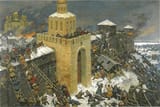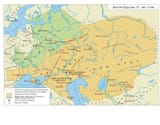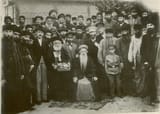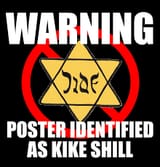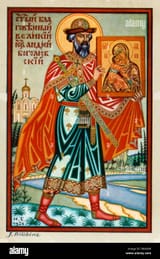Anonymous
(ID: 5RLFgzs+)
 7/13/2025, 4:22:59 PM
No.510268856
>>510270161
>>510270631
>>510270749
>>510271466
>>510271586
>>510273555
7/13/2025, 4:22:59 PM
No.510268856
>>510270161
>>510270631
>>510270749
>>510271466
>>510271586
>>510273555
History lesson to tards from Tartaria
The Mongol (Tatar) invasions of the 13th century, particularly under Batu Khan (Genghis Khan's grandson), were catastrophic for Kievan Rus’ and had long-lasting effects on the development of Eastern Slavic civilization.
Here’s a quick breakdown of the key impact:
What Happened
In 1237–1240, the Mongols launched a brutal campaign against the principalities of Kievan Rus’.
Major cities including Ryazan, Vladimir, and Kiev were razed to the ground, with mass killings and destruction.
The invasion culminated in the Fall of Kiev in 1240, one of the bloodiest episodes in the region’s history.
Aftermath: 200+ Years of Tatar Domination
The Mongol Empire established the Golden Horde, a khanate that exerted control over the Russian principalities through tribute and vassalage.
While the Mongols didn’t always directly rule, they extracted wealth, stunted local autonomy, and crushed resistance.
The region’s political fragmentation worsened, and development of trade, culture, and centralized power was delayed by centuries.
Cultural & Psychological Effects
The Mongol yoke led to a deep cultural trauma and a shift toward autocracy and militarization in emerging Russian states.
Some scholars argue that the Muscovite model of centralized rule, which later gave rise to Tsarist and Soviet authoritarianism, was shaped in part by the Mongol administrative legacy.
The Orthodox Church survived and adapted, becoming a core identity marker in the post-Mongol period.
Here’s a quick breakdown of the key impact:
What Happened
In 1237–1240, the Mongols launched a brutal campaign against the principalities of Kievan Rus’.
Major cities including Ryazan, Vladimir, and Kiev were razed to the ground, with mass killings and destruction.
The invasion culminated in the Fall of Kiev in 1240, one of the bloodiest episodes in the region’s history.
Aftermath: 200+ Years of Tatar Domination
The Mongol Empire established the Golden Horde, a khanate that exerted control over the Russian principalities through tribute and vassalage.
While the Mongols didn’t always directly rule, they extracted wealth, stunted local autonomy, and crushed resistance.
The region’s political fragmentation worsened, and development of trade, culture, and centralized power was delayed by centuries.
Cultural & Psychological Effects
The Mongol yoke led to a deep cultural trauma and a shift toward autocracy and militarization in emerging Russian states.
Some scholars argue that the Muscovite model of centralized rule, which later gave rise to Tsarist and Soviet authoritarianism, was shaped in part by the Mongol administrative legacy.
The Orthodox Church survived and adapted, becoming a core identity marker in the post-Mongol period.
